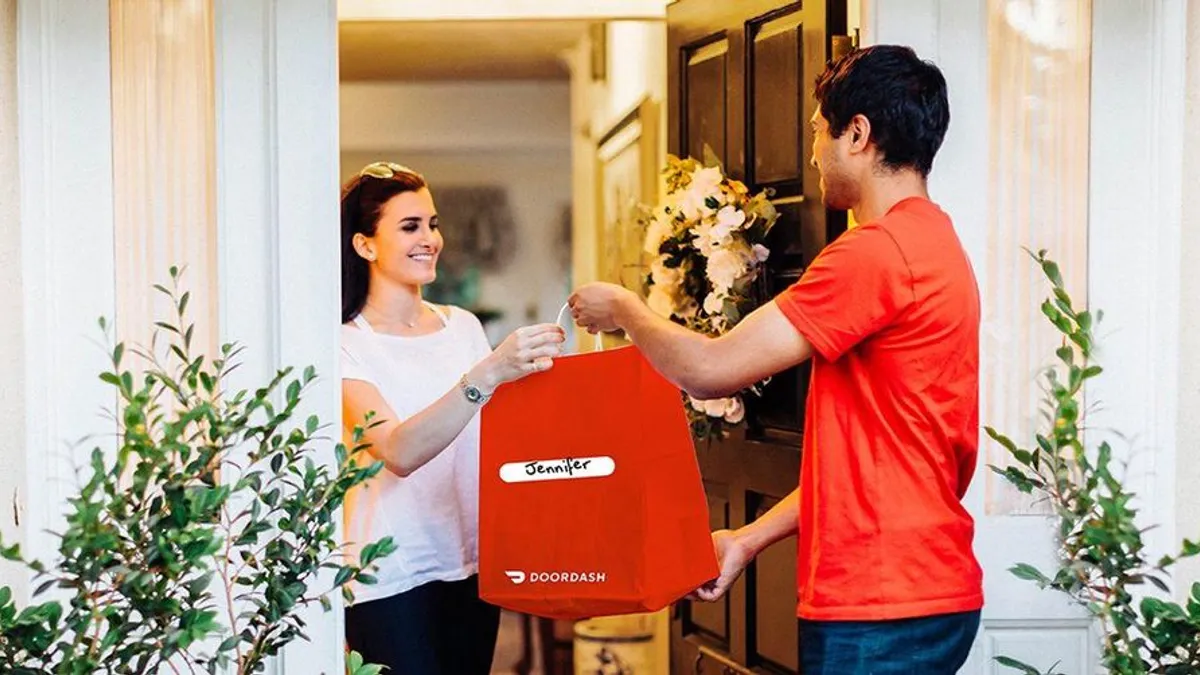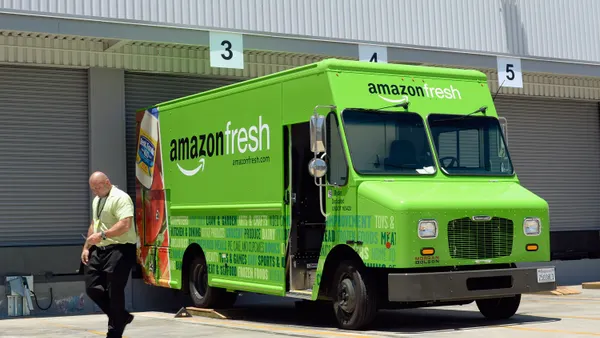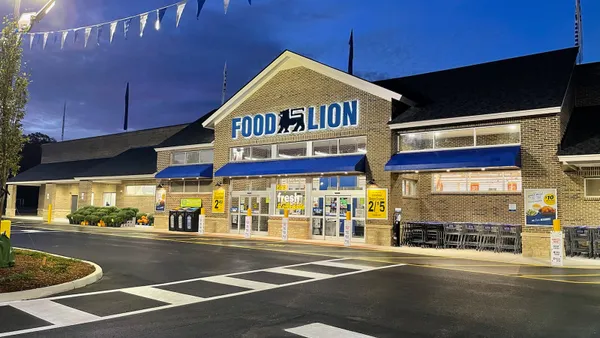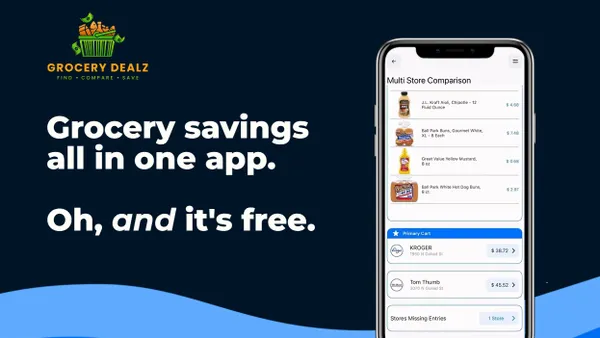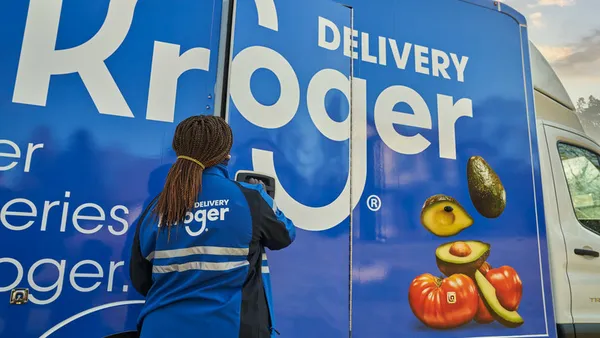As DoorDash continues to expand its business fulfilling digital orders from grocery shoppers, the e-commerce provider is also focused on helping retailers improve their in-store operations.
DoorDash is particularly interested in enabling grocers to get a better handle on what they have on their shelves as a way to reduce the likelihood that they will realize an item is out of stock only after promising it to an online customer, Fuad Hannon, the company’s vice president of new business verticals, said in an interview during Groceryshop last week.
Hannon said DoorDash is working "very deeply" with grocers to identify items that are consistently out of stock, investigate why those products are difficult to keep on the shelf and determine whether their location in the store impacts their availability. The company is also encouraging retailers to take steps to help pickers avoid checkout lines as a way to speed up fulfillment and avoid inconveniencing in-store shoppers.
DoorDash also wants to work with grocers to streamline picking procedures and other aspects of their brick-and-mortar stores to help lower costs for delivery orders, Hannon said.
“We see that grocers and retailers are being more and more innovative in terms of how does the store double as both a traditional physical store that a consumer goes and shops but also as an e-commerce fulfillment hub, and we're partnering with them along the way to figure out how do we make the shopping more efficient,” Hannon said.
Grocery e-commerce volume has continued to remain under pressure as shoppers have returned to stores following the pandemic and consumers contend with financial stress, according to data from Brick Meets Click and Mercatus. Digital grocery sales were up year-over-year in August after declining for several months in a row, however.
DoorDash, which entered the online grocery-fulfillment sector in 2020, believes the industry continues to face challenges in consistently providing online consumers with a high-quality shopping experience, Hannon said.
“What we’re really focused on a day-to-day basis is working with our partners, our grocery merchants, our Dashers, our CPG partners, and figuring out how do we remove all of the defects in the system, such that consumers can feel really confident in buying online,” said Hannon.
Another priority for DoorDash as it steps up its challenge to rivals like Instacart is to demonstrate to grocers — even those that are heavily focused on in-store-shopping — that it can help them bring in sales they wouldn’t have generated if they didn’t have a relationship with the company, Hannon added.
“From a merchant perspective, what our grocery partners care about — and we hear this more and more, particularly in this environment — is they’re looking for incremental sales and occasions. And so we continue to focus really on the basics of how do we bring consumers all the stores that they want to shop from,” Hannon said.
Hannon pointed to DoorDash’s recent tie-up with Eataly, which operates highly experiential stores that include restaurants, as an example of how the e-commerce provider is positioning itself as a vehicle for physical retailers to build incremental revenue.
“We want that in-store experience to remain amazing. And for the consumer who wants to go in-store, we’re thrilled about that,” Hannon said. “If you’re looking for a bit more time or convenience, you can certainly order through DoorDash and we’re happy to accommodate that as well … the idea is how do we help [shoppers] reach the merchants that they love and how do we help merchants be in front of their consumers where their consumers want to shop.”



